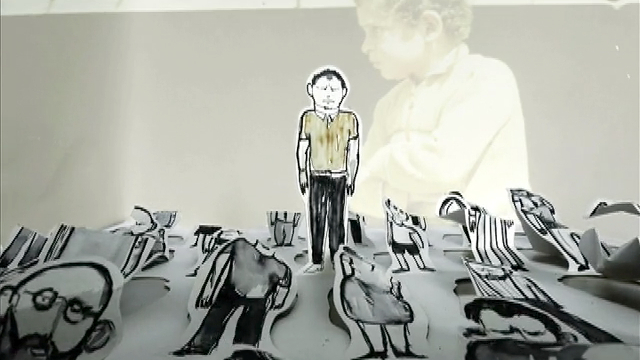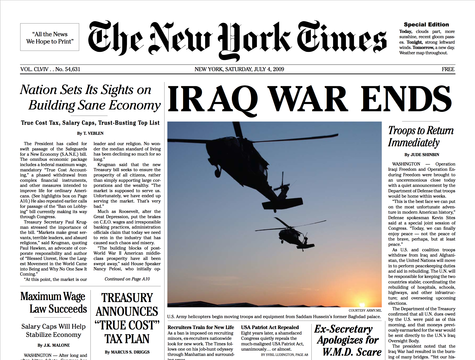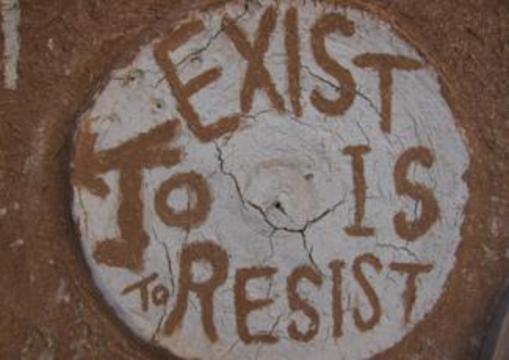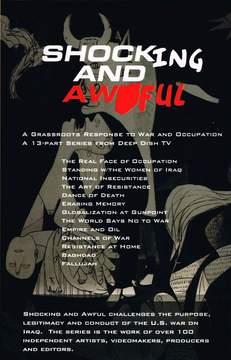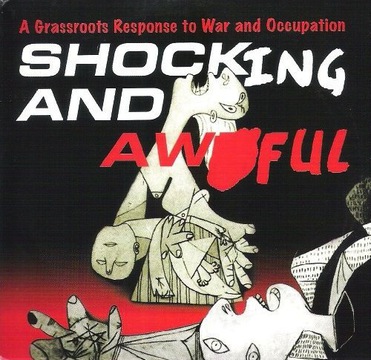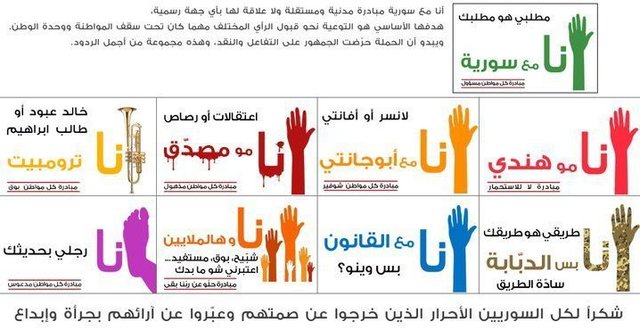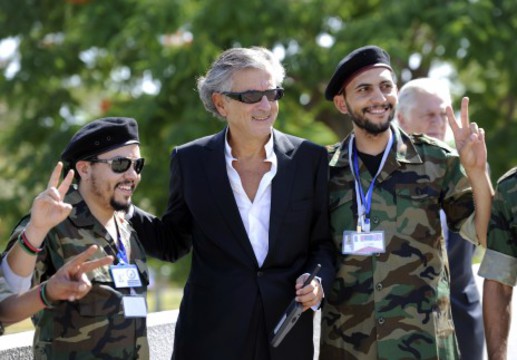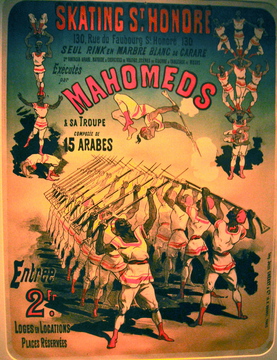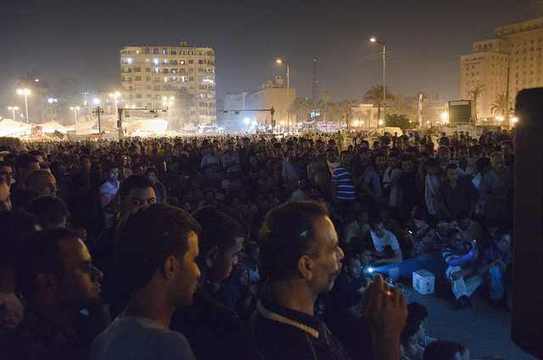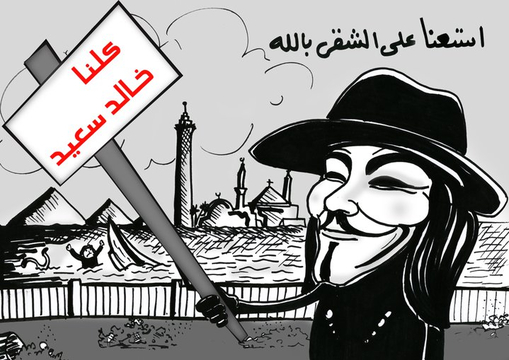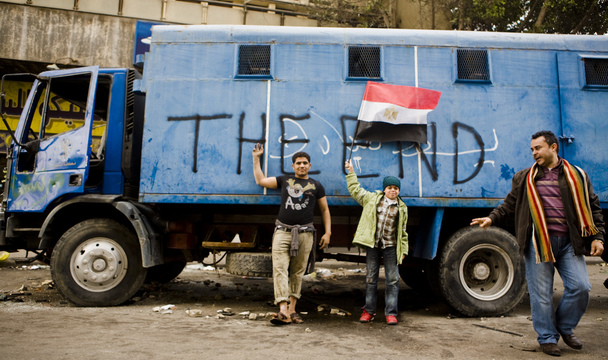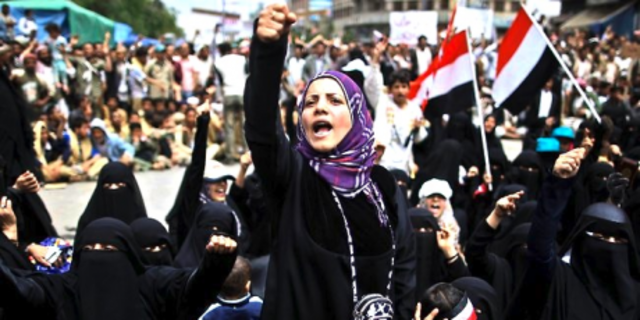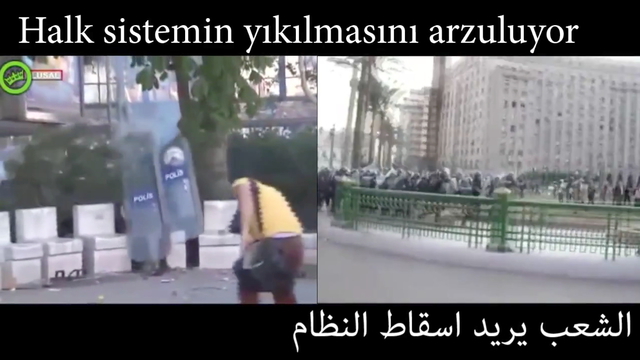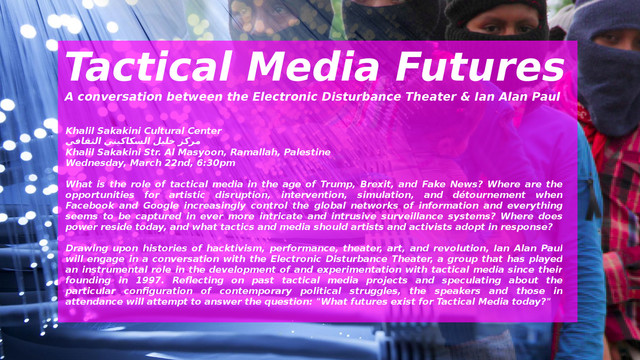Art and Political Conflict
A public debate at Framer Framed, Tolhuistuin, Amsterdam, Sunday July 6, 2014 - 14.00 - 17.00 hrs.
The relationship between art and political conflict has been
significantly reshaped by the proliferation of digital media and the
internet as a means of instant dissemination of images, texts, and
audiovisual expressions. Artistic /activist actions intervene via these
digital means into an expanded symbolical space that is no longer the
sole sanctuary of artists and art audiences, but instead has become the
'neural fibre' of everyday life.

